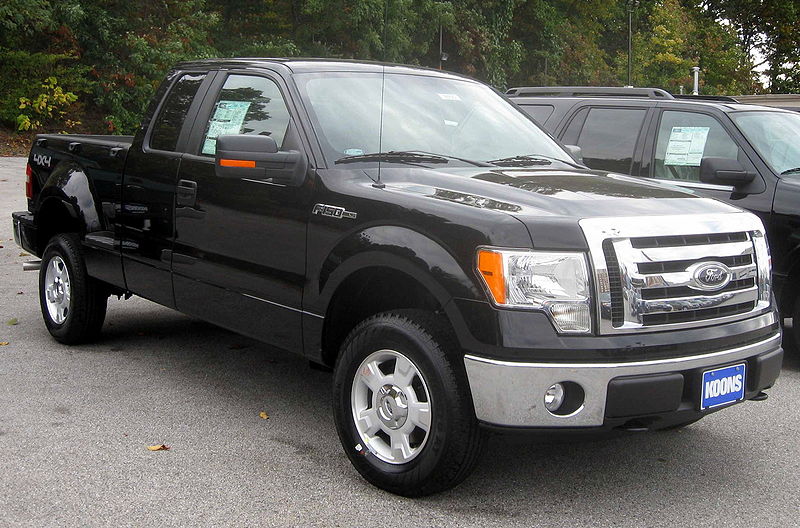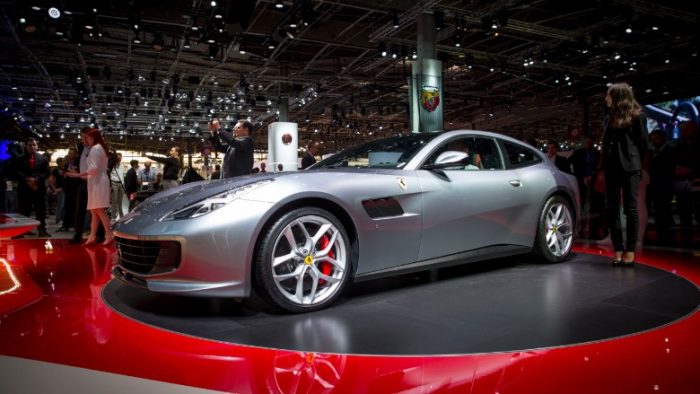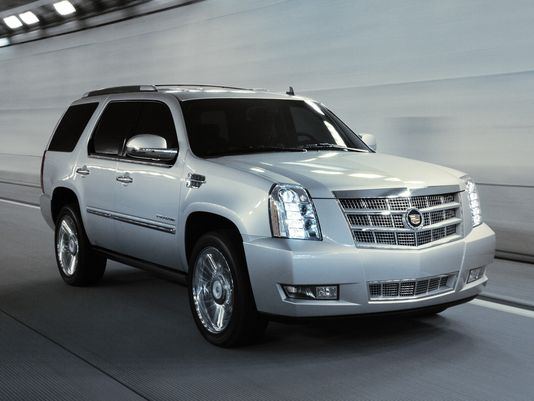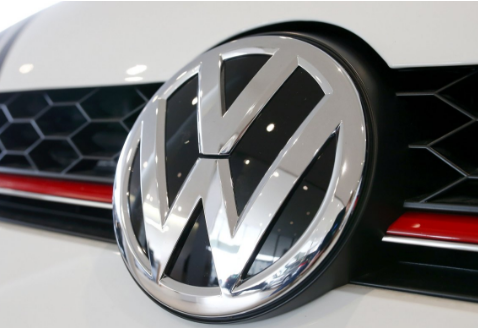Now Reading: U.S. truck, SUV sales remained strong in February, but there’s more
-
01
U.S. truck, SUV sales remained strong in February, but there’s more
U.S. truck, SUV sales remained strong in February, but there’s more

February U.S. car sales, an indication of customer spending, dropped somewhat even as automakers stepped up marking down to sustain sales, significant manufacturers reported on Wednesday.
Demand for cars, sport utility vehicles and pickup trucks in February fell to an annualized rate of 17.6 million automobiles, compared to a robust 17.7 million a year earlier.
Shares of Detroit automakers General Motors, Ford Motor and Fiat Chrysler Automobiles NV all increased as the broader market rose over 1 percent [N]
Although, experts pointed to warn flags in the latest outcomes, consisting of discount rates that struck 10 percent of the average market price for February, as per 3 companies that track vehicle costs.
“With the market at 10 percent you are in a push market,” stated Mark Wakefield, head of the North American automotive practice for consultancy AlixPartners. “This is top cycle stuff.” In a push market, manufacturers aim to discharge automobiles, rather than react to the pull of consumer demand.
The difficulty now for car manufacturers is to prevent over-producing automobiles or introducing a price war that could undermine profits, especially as increasing interest rates make it more costly to subsidize loans and leases, Wakefield stated.
“It’s that fine balance,” he stated. “How much can I push the boundary without prompting a reaction that pulls all of us down?”
The stress surfaced in another round of sniping on Wednesday between General Motors and Ford over which one was more based on discount rates to prop up pickup truck sales.
On the plus side for car manufacturers, U.S. customers continued purchasing more SUVs and pickups, which create greater profits.
Light trucks represented 62 percent of light vehicle sales in February. In last year, that divided was 59.5 percent in favor of trucks and SUVs. Over a complete year, that shift would mean roughly 2 assembly plants’ worth of automobiles had been replaced by SUVs or trucks.
February sales were blended for the major car manufacturers. GM beat most analysts’ expectations with a 4.2 percent gain in new automobile sales.
Ford sales dropped by 4 percent, with its F-Series pickup up 9 percent, SUVs increasing 6 percent however automobiles sliding 24 percent from a year ago, the car manufacturer stated.
Toyota Motor, No. 3 in U.S. sales volume, suffered a 7.2 percent fall as sales of the company’s best selling model, the Camry sedan, fell 15 percent.
FCA sales dropped 10 percent, as its largest-volume Jeep SUV brand name fell 15 percent.
Nissan Motor beat expectations on a 3.5 percent gain, followed by a 54 percent rise for its Rogue small SUV.
Honda Motor sales increased 2.6 percent, assisted by its trucks and SUVs, acquiring 12 percent from a year previously.
Stay Informed With the Latest & Most Important News
Previous Post
Next Post
-
 01Polestar Boss Says It’s Time To Outrun BMW M And Mercedes-AMG
01Polestar Boss Says It’s Time To Outrun BMW M And Mercedes-AMG -
 02Spy Shots: 2027 Mitsubishi Pajero Spotted in Testing Ahead of Possible U.S. Return
02Spy Shots: 2027 Mitsubishi Pajero Spotted in Testing Ahead of Possible U.S. Return -
 032026 Toyota Hilux EV: A Powerful Truck with Silent Torque
032026 Toyota Hilux EV: A Powerful Truck with Silent Torque -
 04Spy Photos: VW ID. Polo GTI Goes Electric with 223 HP and 280 Miles of Range
04Spy Photos: VW ID. Polo GTI Goes Electric with 223 HP and 280 Miles of Range -
![2027 Mercedes-Benz S-Class Debuts with V8 Engine [Photo Gallery]](https://speedlux.com/wp-content/uploads/2026/01/2027-Mercedes-Benz-S-Class-33-155x125.jpg) 052027 Mercedes-Benz S-Class Debuts with V8 Engine [Photo Gallery]
052027 Mercedes-Benz S-Class Debuts with V8 Engine [Photo Gallery] -
 06The Controversial Ford Voodoo V8 That Was Killed Off Too Early
06The Controversial Ford Voodoo V8 That Was Killed Off Too Early -
 07Hyundai Palisade’s Breakout Year Shows How Quickly the Market Can Turn
07Hyundai Palisade’s Breakout Year Shows How Quickly the Market Can Turn


![2027 Mercedes-Benz S-Class Debuts with V8 Engine [Photo Gallery]](https://speedlux.com/wp-content/uploads/2026/01/2027-Mercedes-Benz-S-Class-33-700x394.jpg)












































